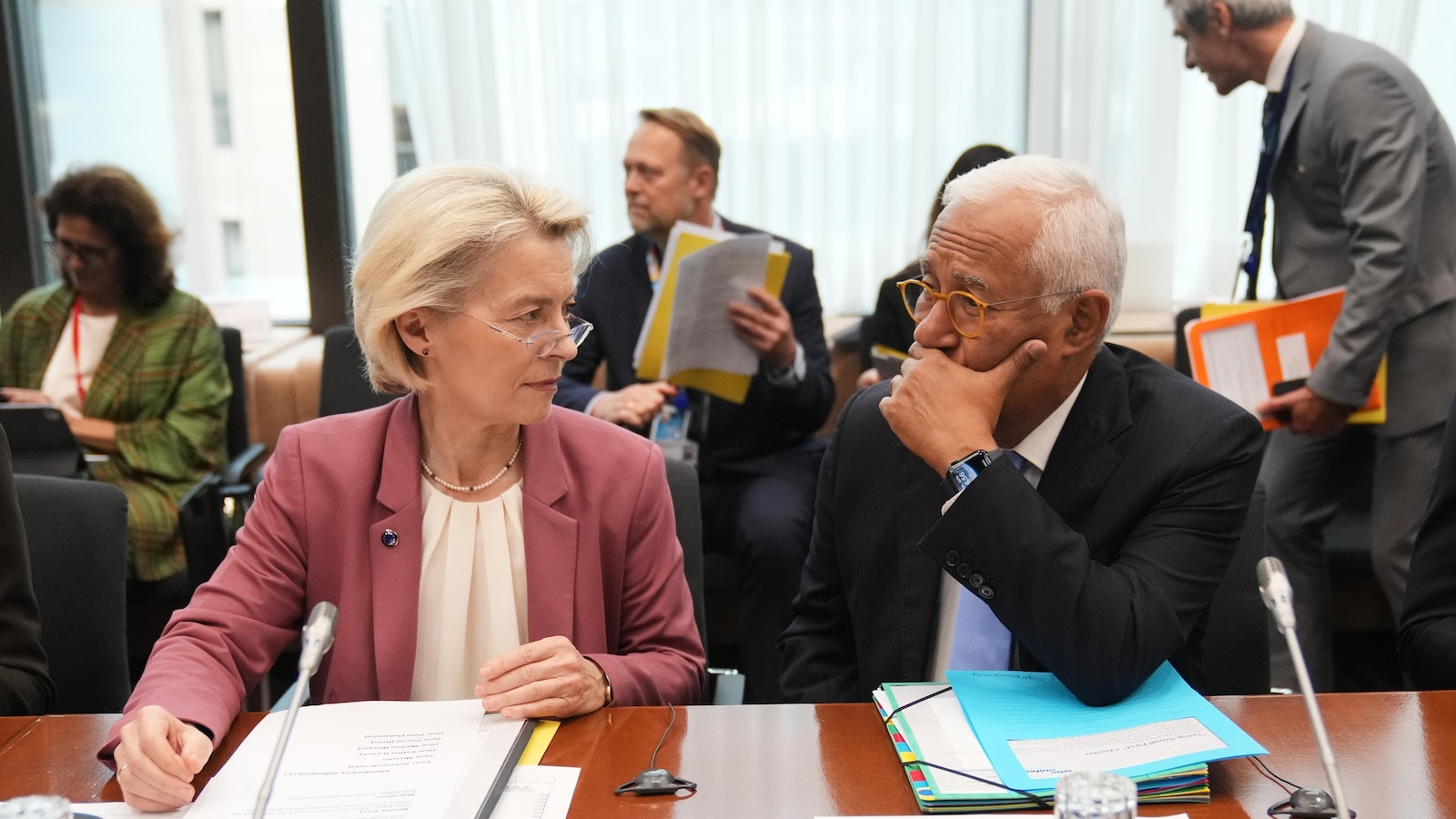EU Approves New Sanctions Against Russia Targeting Oil Fleet and LNG
The European Union approved new sanctions against Russia, targeting its shadow oil fleet, LNG imports, and financial sector. This 19th package aims to pressure Moscow.
Overview
- The European Union has approved its 19th package of sanctions against Russia, demonstrating continued pressure on Moscow.
- These new measures specifically target Russia's shadow oil fleet, aiming to disrupt its global oil transportation capabilities.
- The sanctions also include a ban on imports of Russian Liquefied Natural Gas (LNG), impacting Russia's energy export revenues.
- Further restrictions are imposed on Russia's financial sector, aiming to limit its access to international markets and funding.
- Danish Foreign Minister Lars Løkke Rasmussen praised the agreement, calling it a positive day for Europe and Ukraine in their stance against Russia.
Report issue

Read both sides in 5 minutes each day
Analysis
Center-leaning sources frame this story by emphasizing the EU's decisive and unified action against Russia, portraying it as a necessary response to an aggressive threat. They highlight the economic impact of sanctions on Russia's war efforts and underscore the EU's commitment to supporting Ukraine and bolstering its own defense, reinforcing the urgency and righteousness of these measures.
Articles (3)
Center (3)
FAQ
The purpose is to increase pressure on Moscow by targeting its shadow oil fleet, banning imports of Russian LNG, and restricting its financial sector access to international markets.
The 'shadow oil fleet' refers to a group of more than 560 vessels used by Russia to transport oil globally, many of which are being sanctioned to disrupt Russia's oil export capabilities.
The sanctions include a ban on imports of Russian LNG, which impacts Russia's energy export revenues significantly by limiting its LNG market access.
The sanctions impose further restrictions on Russia's financial sector, aiming to limit its access to international markets and funding sources.
Danish Foreign Minister Lars Løkke Rasmussen praised the sanctions agreement, calling it a positive development for Europe and Ukraine.
History
- This story does not have any previous versions.

